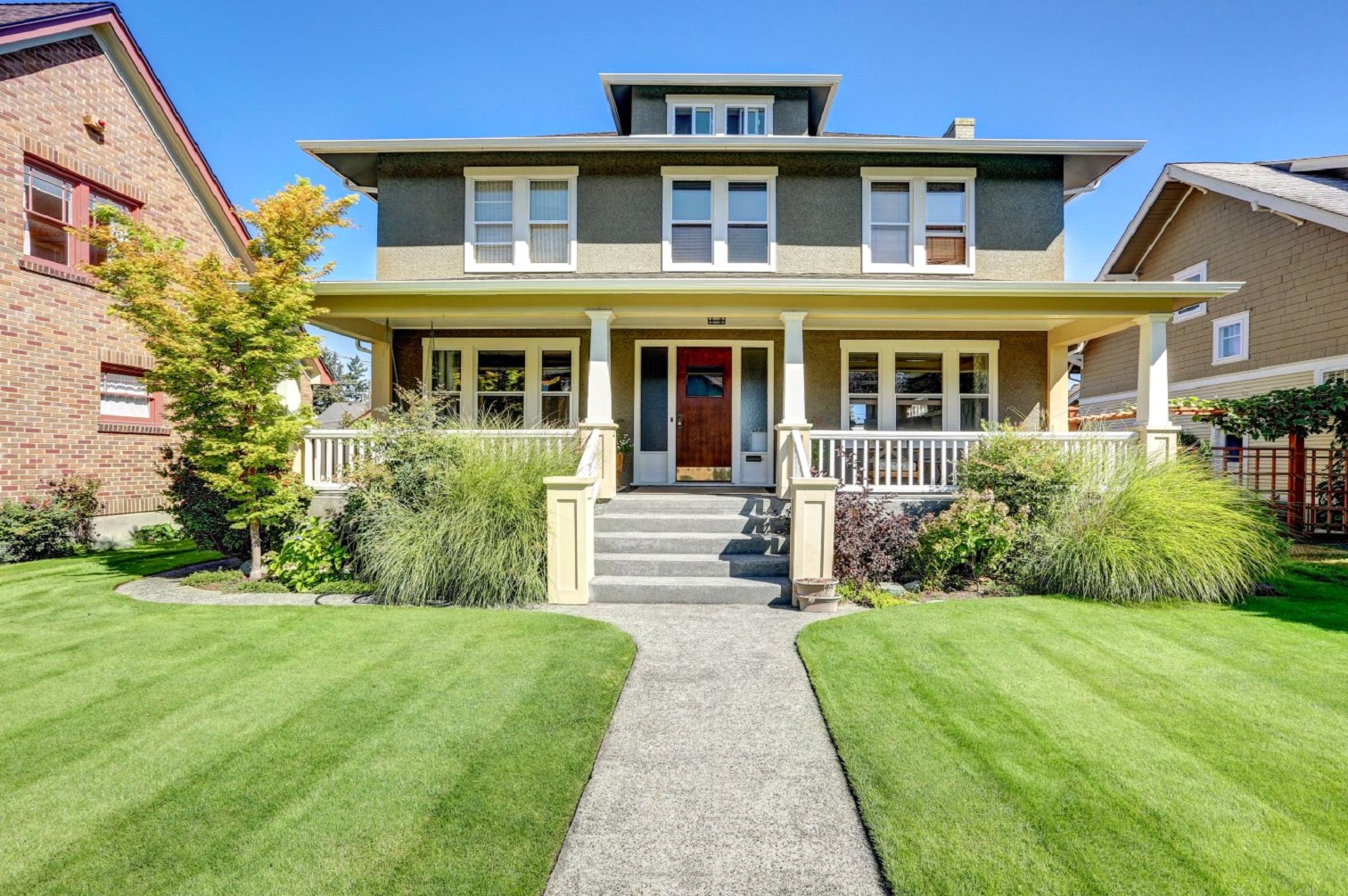
While historic homes don’t make up the bulk of sales for most Realtors, there are some agents who specialize in historic home sales. Still, this doesn't mean that you shouldn't venture into this great market, or that you should defer to a local agent that has more experience with historic properties.
Historic homes can be an amazing acquisition for the right buyer. But there are some things specific to these types of properties that you should be aware of in order to best serve your clients.
Historic homes and properties within historic districts have amazing features that many buyers prize. For the home buyer who loves classic architecture or enjoys the history behind their residence, no new construction could ever compare. You may have a client who just falls in love with a historic property or you may have a client who is specifically looking for something with historic significance.
Each geographic location has their own historical homes that bring some flavor of past residents to life. The amazing thing with many historic homes is that they've gone through numerous generations and the history of each family is often present in the home itself. You can see this through additions made to the original architecture and a layering of the original design with more modern elements added over time.
The architectural and historic appeal is often the biggest benefit that your clients might be looking at in making their decision. But there are some other benefits that might be available that you should research and point out when applicable.
While many home buyers fall in love with the romance and history of historic properties, there are some things to consider which are unique to these types of property. Unlike new construction or homes built in recent years, historic homes have some quirks that can at times be costly to maintain. They've weathered many seasons and, depending on the local weather and type of construction, they may be in need of some extra TLC in regular maintenance.
Here are some things to make sure that your clients are aware of when purchasing a historic home:
Some historic properties are larger than a typical home lot and may include other structures which may also be historical in nature. They also often include great gems in landscaping, such as very large, beautiful trees, carefully planned gardens and hedges, greenhouses, gazebos, and even ponds.
In cases where the property of someone with great local or national significance or where the architect was someone of note, the home might be used for touring or parts of the property might be useful to rent for events. If you're not interested in opening up your private residence in this manner, you might still find this a major perk just to own a home of this value and showcase it for your own purposes.
In many areas, there are available funds and lower interest loans available for people who buy historical homes and wish to renovate them. These loans do come with some strings attached. The renovations often need to be done to certain specifications in order to maintain the home's integrity as a historic place.
Each property is different. If your client is looking at a historic home that has already been completely renovated, they may not need to worry over renovation costs. However, in a case where there is major renovation work, it can often be more costly than renovating a newer home. This is because you'll often need to replace pieces that are no longer made or commonly used in newer construction. To maintain the historic significance, you may need to hire specialty contractors or preservationists to work on the home, which can be way higher in cost than a do it yourself project.
In many places, there are restrictions on the types of changes you can make to a historic property. This might include rigid restrictions on the outside aesthetic, such as paint color schemes and landscaping. It also might mean that you're prohibited from enhancing the property with new additions. It's important that buyers know these parameters in advance because they may need to live in a home where the architecture and design is less convenient for today's lifestyle than it was for the generation who built it. In most cases, those historic differences will add to the charm of the place.
Older properties were often built with materials that are no longer in use because they were found to be hazardous, such as asbestos. They also may be more prone to issues like mold because of the age of the home itself. It's important to have the home thoroughly inspected by a professional before purchasing. They can tell you if there are any issues in advance.
Historic homes provide a wonderful glimpse into past generations and can often be a dream residence for the right buyer. If you want more information about the historic properties in your area, contact the National Register of Historic Places.
As always, the first place to start your real estate journey is with a great online real estate course like ours. Call us today at 888 768 5285 if we can be of service.
Love,
Kartik
How Important Are Online Reviews for Real Estate Schools?
Most Popular Real Estate Schools in California
How to Apply for Your California Real Estate License After Passing the Exam

Founder, Adhi Schools
Kartik Subramaniam is the Founder and CEO of ADHI Real Estate Schools, a leader in real estate education throughout California. Holding a degree from Cal Poly University, Subramaniam brings a wealth of experience in real estate sales, property management, and investment transactions. He is the author of nine books on real estate and countless real estate articles. With a track record of successfully completing hundreds of real estate transactions, he has equipped countless professionals to thrive in the industry.